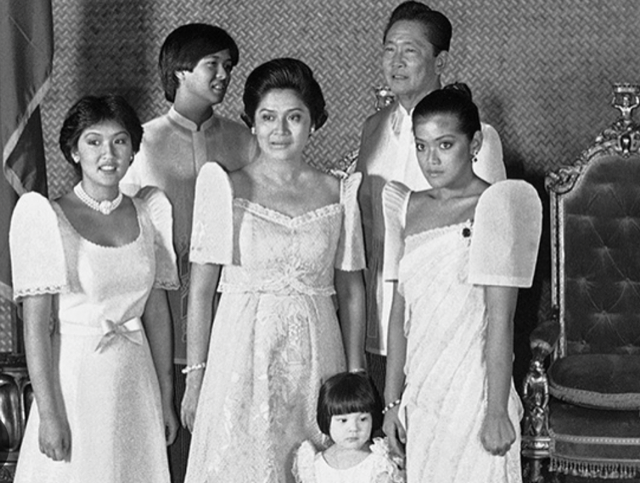
By Olivia Camacho/ Malaya Canada
Martial Law in the Philippines declared by then-president Ferdinand E. Marcos, Sr. in Sept. 1972, remains a haunting chapter in our Filipino history. Lasting for nearly a decade it was a period marked by tyranny, oppression, and the erosion of democracy. We have endured unimaginable suffering during those years, and the scars of that era still resonate deeply in the collective memory of our nation. Pag-usapan natin kung bakit hinding hindi tayo papayag na mawala pang muli ang ating kalayaan.
1. EROSION OF CIVIL LIBERTIES
One of the most compelling reasons na ikinamumuhi natin ang ML is the massive erosion of civil liberties. During this period the gov’t. of PFM curtailed freedom of speech, assembly, and the press. Citizens lived in fear of expressing dissenting opinions or participating in peaceful protests. This stifling atmosphere of censorship and repression is etched in our minds, we who value the principles of democracy and freedom.
2. HUMAN RIGHTS ABUSES
The ML era witnessed widespread human rights abuses, including forced disappearances, torture, and extra judicial killings, called “salvaging”. The Marcos government’s security forces, emboldened by unchecked power, committed heinous acts against those perceived as threats to the regime. Many families were torn apart and countless lives were shattered, leaving an indelible mark on the nation’s psyche.
3. CORRUPTION AND PLUNDER
The Marcos regime was notorious for its corruption and plunder of the nation’s wealth. Billions of dollars were stolen by the Marcoses from the public coffers, leading to economic hardship for ordinary Filipinos. The stark contrast between the extravagant lifestyle of the ruling elite and the poverty experienced by the majority of the population remains a vivid reminder of unbridled power and impunity.
4. SUPPRESSION OF OPPOSITION
Political opponents of Marcos and activists who had the courage to speak up were systematically suppressed during ML. Opposition figures were arrested , detained without trial, or forced into exile. This brutal crackdown on political dissent weakened the foundations of democracy and left a legacy of mistrust in the government.
5. ECONOMIC CONSEQUENCES
The economic consequences of ML continue to impact the Philippines. The massive debt accumulated during that period burdened the nation for decades , diverting resources away from essential services and development projects, and into the pockets of the Marcoses and their cronies. We Filipinos remember the economic hardships and inflation that plagued our lives during those dark years.
6. LESSONS FROM HISTORY
We are determined not to ever forget the lessons of our history. The struggles and sacrifices of those who resisted Martial Law serve as a testament to the resilience of the Filipino spirit. This collective memory fuels a commitment to safeguarding democracy and preventing the recurrence of authoritarian rule.
In conclusion, the memories of Martial Law, under the dictatorship of Ferdinand E. Marcos, Sr., serves as a stark reminder of the importance of democracy, human rights, and the rule of law. We, Filipinos, having lived through this dark chapter in our history, are united in our determination never to allow such an oppressive regime to return.
The scars of that era run deep and they motivate us to cherish and protect the hard-won freedoms and rights that define our nation. In remembering the past we strive to build a brighter, more democratic, and more humane and just society for ourselves and generations of Filipinos to come.###
(Photo credit: Trefor Moss-Wall Street Journal)
